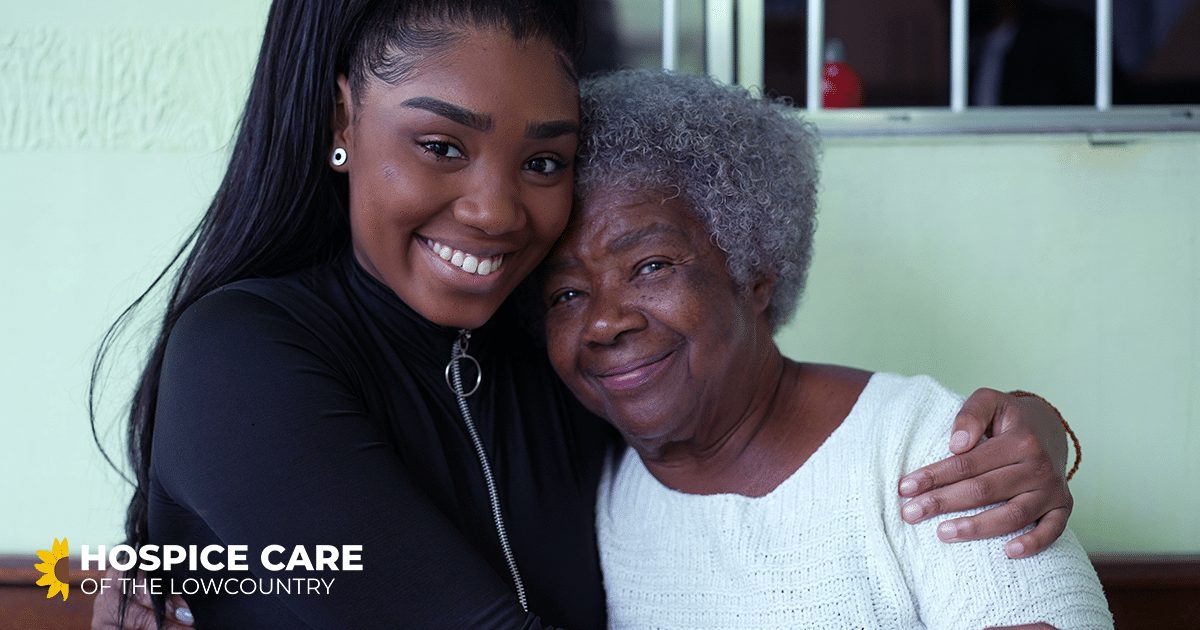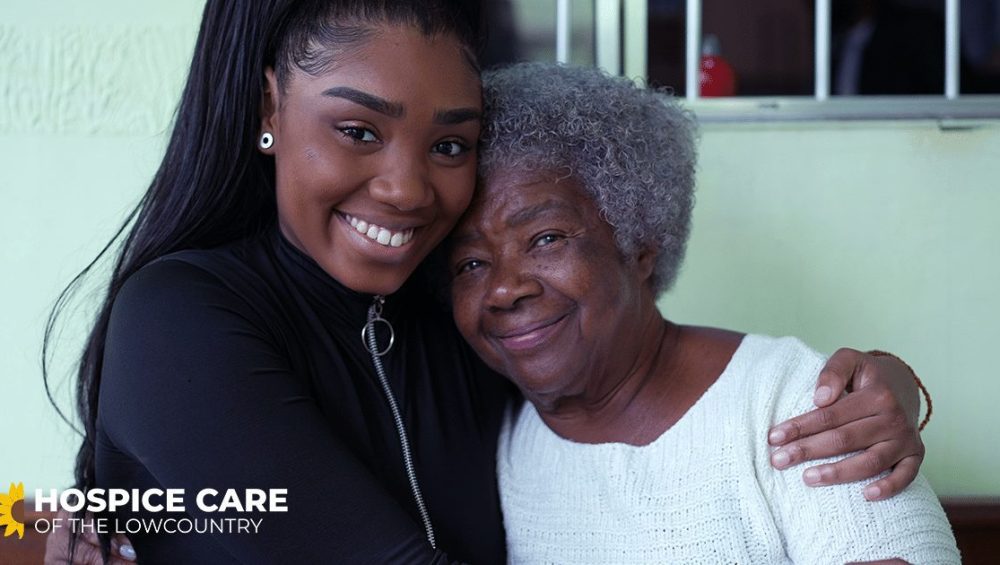
In healthcare disparities continue, casting shadows over the experiences of marginalized communities. African Americans and Black Americans often find themselves facing unique challenges when accessing and receiving quality palliative and hospice care services. Addressing the disparities requires acknowledging and confronting the hard truths that have created the inequalities.
Historical Wounds
The historical legacy of racism, discrimination, and exploitation in healthcare remains, leaving a lasting impact on generations of Black and African Americans. This history includes the denial of basic healthcare services, segregated and underfunded hospitals and clinics, as well as medical exploitation. History creates hesitancy among Black and African Americans communities to engage with the healthcare providers offering palliative and hospice care services.
Economic Barriers
Socio-economic factors play a significant role in determining access to care. Black and African Americans are disproportionally affected by poverty and lack of health insurance. Disparities in the healthcare system and the access to resources in minority communities increase the divide – leaving them with limited options available providing palliative and hospice care services.
Cultural Stigmas
Cultural beliefs and norms in the Black and African American community influences the attitudes and acceptance of end-of-life care. Patients’ spiritual beliefs often conflicts with their perceptions of the palliative and hospice medicine philosophy of care. Poor perceptions, such as identifying hospice as giving up hope, further hinders utilization.
Final Thoughts
Confronting the hard truths requires a strategic approach imbedded in empathy and equity. Cultural sensitivity training and effective communication strategies will aid in improving Black and African American utilization of palliative and hospice care services. Overall addressing our history and working towards systemic change, we can strive towards a more just and inclusive healthcare system for all.




